We’re standing at the cusp of an automotive revolution; one where silent, slick electric motors replace stuttering combustion engines. But this paradigm shift has repercussions reaching far beyond personal transport. Integrated deeply with politics, economies, and power, it disruptively jolts the very foundation of petro-nations. It’s time to buckle up and delve into how the electrification of our roads could potentially short-circuit the world’s oil economies.
Understanding the Oil Economy
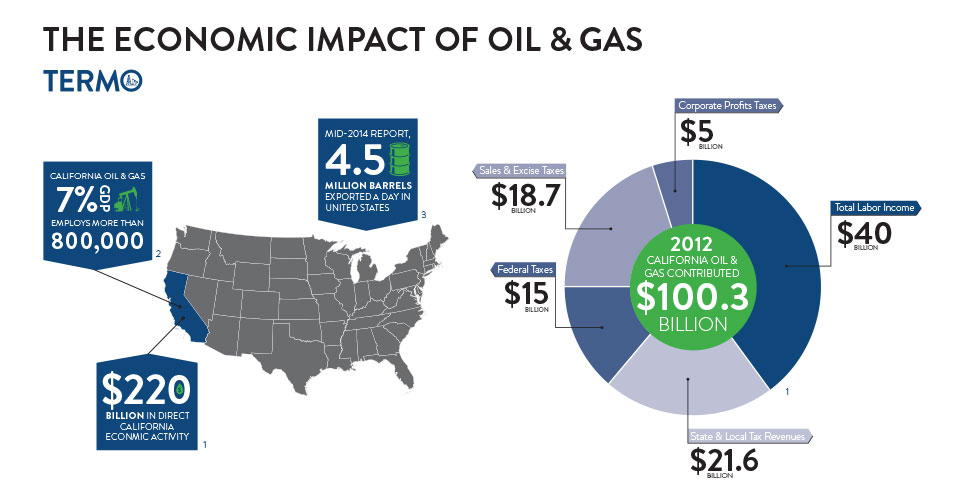
To truly grasp the impact of electric cars on the petrol-dependent world, it’s important to first get a handle on the significance of the oil economy. Just think about it—oil isn’t called ‘black gold’ for kicks and giggles. This viscous, unrefined earth juice is essentially the lifeblood coursing through the veins of the global economy, not just fueling it, but setting the pace of its pulse.
The oil economy is a juggernaut stitched together with a complex tapestry of powerful interests that range from oil-rich countries, multinational corporations, and significant job markets on both global and national scales. It plays a significant role in the geopolitics of nations – for countries with generous oil reserves, it often dictates their clout on the international platform, while oil-dependent countries often align their foreign and economic policies with oil suppliers.
Now, picture an average day in your life. The alarm clock ringing in your ear, the hot water in your shower, the eggs on your breakfast plate, your car idling in the traffic, the air conditioner humming in your office—you guessed it, everybody’s buddy, oil, is involved in it all. From powering transportation and heating homes to producing fertilizers for crops, oil pervades almost every aspect of human life.
The economic engine too is lubricated by the slippery stuff, and here’s how. A rise in oil prices can lead to inflation, increase in production costs, and reduced purchasing power. Conversely, a drop can stimulate productivity but may distress oil-exporting nations. Hence, oil prices and the moods of the global economy often tend to swing in unison.
This vast machinery of the oil economy isn’t immune to shocks, and it has its fair share of vulnerabilities. And the most prominent bully on the block capable of causing sizable shockwaves is the rising star of the transportation world—electric cars. But to gauge the true magnitude of these impending tremors, we must first understand the current oil landscape in the context of the transportation industry.
Electric Cars: A Rising Phenomenon
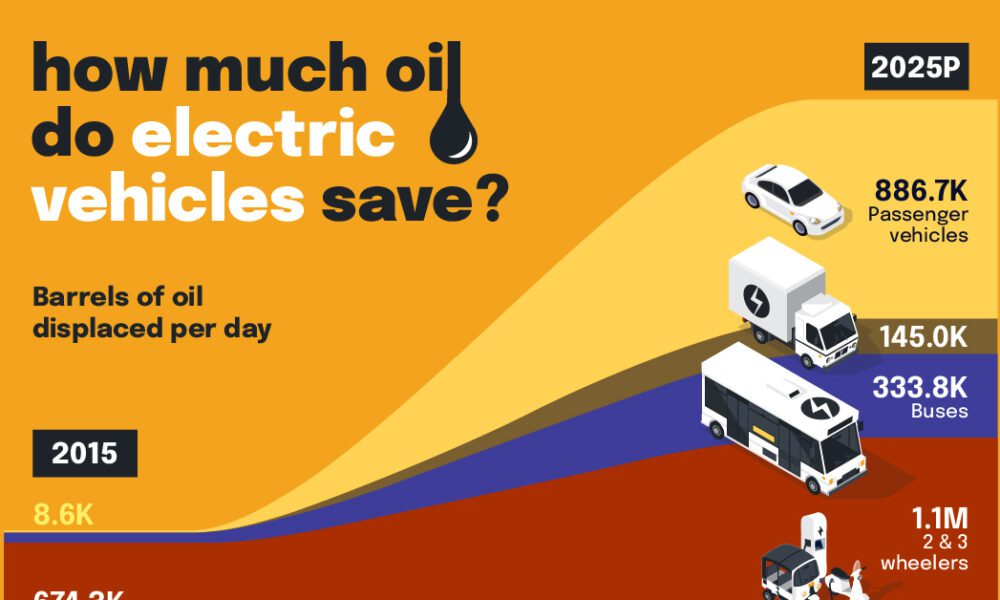
An automotive revolution has been brewing beneath our noses, propelled forward by an unlikely suspect — electricity. Electric cars, once claimed to be the ‘vehicles of the future,’ are very much part of the present, steadily cruising their way into the mainstream car market. Sure, they were born out of a surfeit of legislative pressure and a widespread concern for the environment, but they’re rapidly evolving: morphing from neat novelty to pragmatic and popular choice.
This shift is palpable, more than just a fad. Freed from the shackles of their pricey image, electric vehicles (EVs) are now more accessible to the common man, and are driving on oiled highways without feeling out of place. A revolution has quietly passed the starting line, absent of roaring engines but revving up nonetheless.
All this isn’t to say the switch to electric is horrid for traditional vehicles. Instead, it has galvanized traditional automobile companies into action. Giants of the industry, such as Ford and General Motors, have now committed to a future teeming with electric vehicles. Eyebrows raised, observers are asking, what powered this sudden change of heart? Well, the rise of the electric car is exponential, and those who don’t evolve might very well face extinction — adaptation has never been optional.
Several factors contribute to this surge of electricity on the streets. Technological advances have optimized battery life, leading to an increased driving range. Government incentives beckon potential buyers with talk of tax exemptions and subsidies, as the global push towards sustainable transportation gains momentum. Charging stations are as ubiquitous as gas stations, leading more people to trust electric vehicles with their daily commute.
At the heart of the electric car is a prevalent change in consumer perception. As climate change awareness spikes, more people favor taking the wheel of a more ‘green’ alternative. Indeed, the desire for guilt-free driving has arguably outweighed the need for a roaring combustion engine — and this is reflected in the burgeoning sales of electric cars.
Yet, at the same time, we’re witnessing the impact this is having on the oil economies. The shifting landscape is presenting a daunting challenge. For countries accustomed to riding the lucrative wave of oil production and consumption, dealing with the reality of an electric-driven future is akin to staring at the eye of a storm. But more on that, in the next chapter.
Impact on Global Oil Consumption
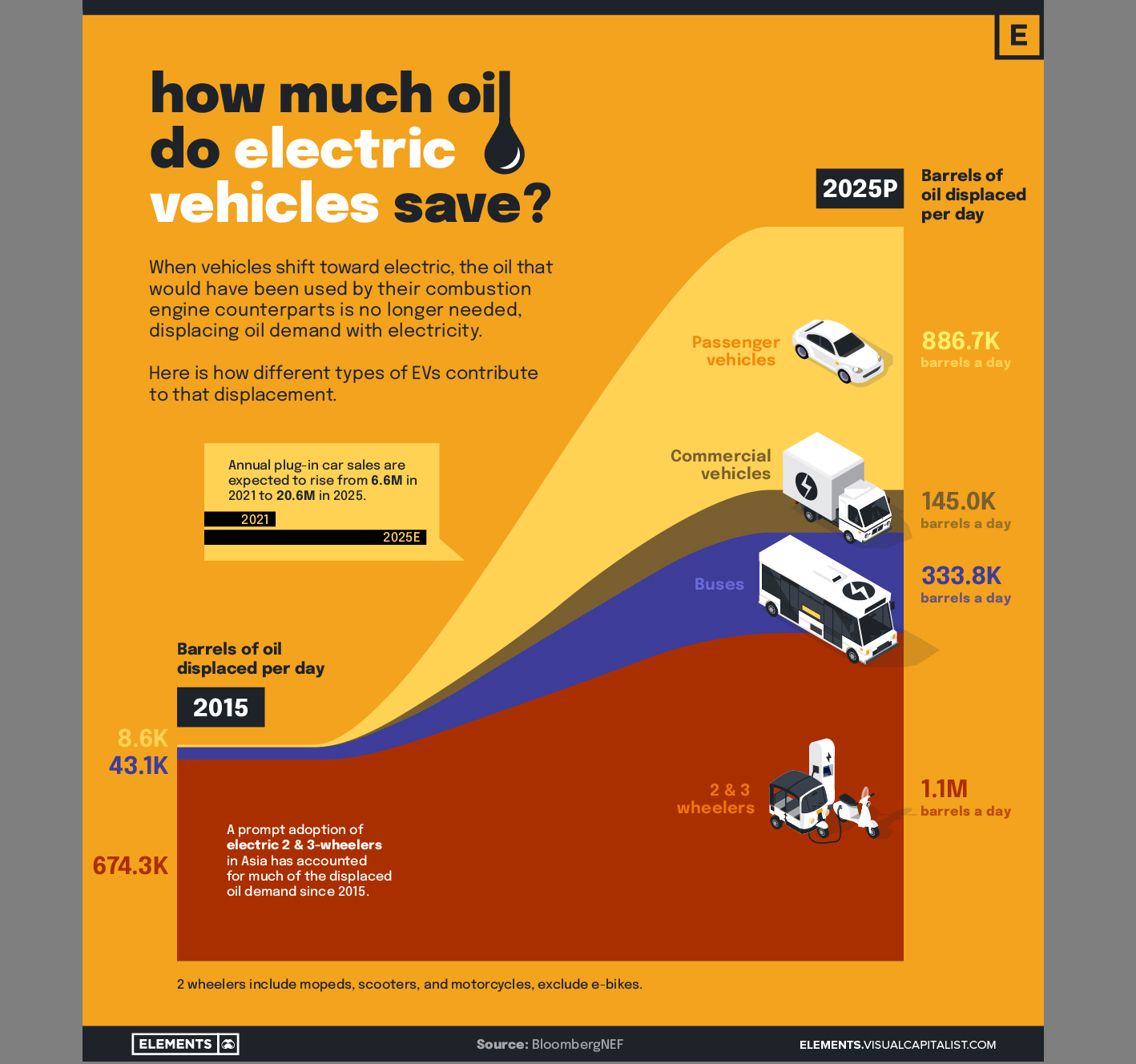
Electric cars are no longer just a niche segment of the auto industry, but a rapidly growing phenomenon with high adoption rates seen across nations. With the increasing demand for these vehicles, it’s time to acknowledge the ripple effect they have on the global oil economy.
To put it into perspective, consider that an average person drives about 13,500 miles a year. A normal gasoline car with an efficiency of 25 miles per gallon would consume about 540 gallons of gasoline to cover that distance. Conversely, an electric vehicle (EV) consumes zero gallons. That’s right, zero. Multiply that by the estimated number of EVs on the road, and you realize it’s no small reduction in global oil consumption.
The transition from gasoline to electric isn’t just about the cars. It’s about radically reducing the scale of the oil industry. A study by Bloomberg New Energy Finance estimated that electric cars could displace about 8 million barrels of oil per day by 2040, which is nearly 10% of the world’s current daily oil production. That is a significant drop, one that will undoubtedly send substantial shockwaves through oil economies.
But it’s not just about the number of barrels. The rise in EVs also contributes to changes in the pattern of oil demand throughout the day. Traditional vehicles create a predictable pattern of peak oil demand times – morning commute, evening commute, weekend road trips. Electric cars, which are commonly charged overnight, flatten this peak usage, leading to less volatility in oil prices.
While oil exporting nations face an uphill climb to reshape their economies and maintain economic stability, it’s not all doom and gloom. Some nations are seizing the opportunity to diversify their revenue streams by investing in renewable energy and other non-fossil fuel technologies. Moreover, the reduction in oil dependence could help alleviate geopolitical tensions and conflicts tied to oil resources.
In the grand scheme of things, the rise of electric cars heralds a new era in transport – one that is cleaner, less dependent on volatile commodities, and perhaps even more democratic. While this shift poses threats to the established order, it also offers myriad opportunities for new innovations and sustainable growth.
Societal Shifts and Economic Realignment
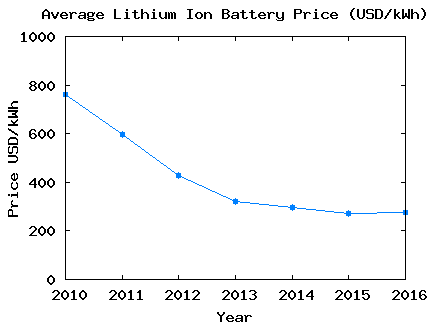
As the world’s zeal for electric vehicles (EVs) intensifies, deep-seated societal and economic reshapes are inevitable. Acceptance of this new transport concept is not only revolutionizing what propels our cars but also reflects a seismic shift in societal values and norms. The perception of automobiles as symbols of status, freedom, and personal expression is evolving towards a sustainable and eco-friendly ethos.
Environmental acuity has become integral to modern lifestyles, with consumers increasingly factoring sustainability into their purchasing decisions. This significant move in societal consciousness has given rise to an economic sector that is driving the proliferation of EVs. The resulting turn away from fossil fuels portends profound consequences for oil-dependent economies, adjusting the dynamics of the global economic alignment.
The traditional oil economy model, defined by petroleum exporting countries, multinational oil corporations, and gasoline-dependent industries, is being challenged to adapt. Some are proactively embracing the future by looking beyond the pump. Countries such as Saudi Arabia, under their Vision 2030 initiative, are striving to diversify their oil revenue-dependent economy. Major oil corporations, meanwhile, are investing in renewable energy projects and EV charging infrastructure. Transitioning from petroleum refineries to renewable energy plants also holds potential for job creation, a crucial factor in this economic realignment.
Yet, this shift comes with challenges. Decades of infrastructure established around the oil industry — from refineries to filling stations — must be repurposed or retired. Significant investment will be required for new infrastructure to manufacture and charge EVs on a mass scale, while jobs associated with the internal combustion engine may become obsolete.
At the same time, economic power will likely be redistributed. Countries rich in minerals crucial for EV batteries, such as lithium and cobalt, may rise in geopolitical significance. As motor vehicles’ rumbling engines give way to the near-silent hum of EVs, the clamor of the petrol dollar-based global trade may equally recede, steadily replaced by the new whisper of sustainable energy currencies.
The EV revolution indicates a radical societal shift towards environmental sustainability and an associated economic realignment. Seismic shifts invariably bring disruption. Yet, they also offer a fertile ground for innovation, progress, and the potential for a new standard of living. Bold leadership and a rooted commitment to sustainability will be key to steering the world through this inevitable and paradigm-altering transition.
Adapting to the Inevitable Change
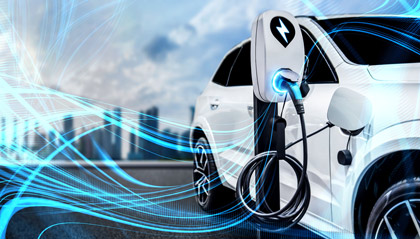
As the axis of the global automobile industry turns toward cleaner, sustainable energy sources, the tectonic plates of petroleum-centric economies, too, will shift. Navigation in this new terrain of uncertainty showcases the need for adaptation, not just on the global stage but at the individual level as well. The transition of beloved rides from V8s roaring with raw horsepower to battery units humming rhythmically is going to write a new chapter in our relationship with the automobile.
Oil-based economies need to diversify their assets, invest in renewable resources, and cultivate a fledgling clean energy sector to ensure survival in this electric revolution. These nations will have to pivot from their oil-determined financial portfolios and establish more balanced, versatile economic systems. The belief in oil wells running dry as a myth may persist, but long gone are the moments where fossil fuel seemed an interminable resource and electric vehicles a farfetched dream. It’s time for oil economies to plug in to this new reality and adapt, rather than continue integrating an ostensibly obsolete system into the coming era of electric cars.
For individual consumers, the adaptation process carries its own set of prerequisites. Electric vehicles (EVs) operate on vastly different mechanisms compared to their gas-guzzling counterparts. Understanding EV charging practices, home charging solutions, upkeep measures, and the true economic and environmental costs of EV ownership are now quintessential knowledge pieces for the modern motorist. The novelty of electrical autos transforms the familiar landscape into a learning curve that demands evolving with the change.
Moreover, the transition also brings a unique paradigm for automobile enthusiasts, fascinating in its novelty. The vintage car purists, enthralled by roaring engines and throaty exhaust notes, might feel amiss in this silent dawn of electric mobility. However, what EVs might lack in the acoustic department, they make up for in raw, instant torque and acceleration, redefining speed and performance in a novel, breathtaking manner. It’s this very aspect that represents adaptation at its most exciting, witnessing and being part of this extraordinary shift in automobile history.
In essence, the arrival of electric vehicles sets more than just wheels in motion. As their sleek silhouettes glide silently across highways and into our lives, they demand nothing less than an extensive reconfiguration of perception and lifestyle, from global economies to everyday individuals. By embracing and adapting to this change rather than resisting the marching tide, we chart a path towards a future where sustainability and progress drive side by side. It’s a big, bold and electric future, and it’s time we rev up for the ride.
FAQs
How do electric cars impact the oil economy?
Can electric cars upend the oil industry?
Are electric cars the future of transportation?
Conclusion
As countries embrace the shift toward electric vehicles and reduce dependence on oil, a seismic shift is inevitable in oil-dependent economies. These nations must reinvent their economic structures to survive and ideally thrive in an electrified future. A wise investment in alternative sectors and innovative technologies could yield a silver lining amidst this disruptive change. Ultimately, the world’s move towards electric cars challenges oil economies to adapt, innovate, and seek sustainability beyond oil.
